DEC 2020 Blues Vol 36 No. 12 - 36TH ANNIVERSARY EDITION
- Text
- Edition
- Police
- Hpou
- Evans
- Barron
- Simper
- Supply
- News
- Enforcement
- Police
- News
- Magazine
- Magazine
- Firearm
- December
- November
- Soliz
- Enforcement
- Blues
get your FREE
get your FREE SUBSCRIPTION to The BLUES, scan the QR code or click here. “What you’re seeing there is not going to be state law,” he said. While his organization agreed some changes were needed, he said, it opposed granting the state commission sweeping new enforcement powers to investigate and discipline officers. Still, policing watchdogs said the report’s findings rang true. “Right now, it definitely feels like at the state level, there’s little to no regulation of law enforcement that’s happening,” said Chris Harris of the nonprofit public interest justice center Texas Appleseed, “and to the extent there is, it’s not effective.” And one key Houston-area legislator said he was inclined to make some changes. Reforms to the agency are “long overdue,” said state Sen. John Whitmire, D-Houston, who said the Texas law enforcement commission should operate more like other regulatory boards such as the State Bar of Texas or the State Board of Pharmacy. The report was notable for its sweepingly critical evaluation of nearly every facet of the agency, calling its regulation of the profession “fundamentally broken.” It said the changes it recommended were stopgap and called for legislators to form a blue ribbon committee “to comprehensively look at how the state regulates law enforcement and recommend needed changes to improve law enforcement regulation in Texas.” It took particular note of the state’s inability to discipline officers for misconduct. It pointed to a recent incident in which the San Antonio Police Department fired an officer for giving a homeless man a sandwich filled with dog feces. Yet the officer, Matthew Luckhurst, was able to return to the force. He was later fired — for good — after another feces-related incident. The example highlighted the Texas Commission on Law Enforcement’s limited authority to take any action against an officer’s state license. The agency may act only when officers fail to complete mandatory continued education, if they are convicted of or received deferred adjudication for felonies or certain misdemeanors, or if they receive a second dishonorable discharge. The agency has even less authority to sanction individual law enforcement agencies. Rigorous Screening Roger Goldman, retired law professor from the Saint Louis University School of Law, said that about two-thirds of states have stronger oversight abilities at the state level than Texas, and that in many states, officers can have their licenses revoked for misconduct even if they haven’t been convicted of a crime. Many states across the country are taking other tacks to try to prevent bad officers from getting hired at other departments after allegations of gross misconduct. Some states are now requiring departments to screen candidates more rigorously. In Vermont, for example, lawmakers passed a bill requiring departments to provide information about why they fired officers to other departments when those officers try to get new jobs. In Connecticut, lawmakers implemented rules requiring regulators to create a list of officers fired for serious misconduct but whose licenses were not decertified. The list prevented officers from being rehired by other departments, Goldman said. Matt Simpson, with the ACLU of Texas, said that while the Sunset review recommended a panel to study needed changes, lawmakers in the meantime should “ensure public safety is not threatened” by unqualified cops and pass reforms to give the law enforcement commission more authority to discipline officers dishonorably discharged, as well as empower the agency to sanction law enforcement agencies that “fail to hold up their end of the bargain in hiring and training qualified law enforcement officers.” Simpson also urged the Legislature to pass reforms that set statewide use of force standards and require a focus on de-escalation and proportional response; require officers to intervene if they witness other officers using excessive force; and pass citation requirements for low-level offenses. 28 The BLUES POLICE MAGAZINE The BLUES POLICE MAGAZINE 29
- Page 1 and 2: The BLUES POLICE MAGAZINE 1
- Page 4: DECEMBER, 2020 • VOL. 36 NO. 12 M
- Page 8: IN MEMORY OF THOSE WHO DIED IN THE
- Page 12: IN MEMORY OF THOSE WHO DIED IN THE
- Page 16: The officers in NYC that arrested a
- Page 20: MICHAEL BARRON, BLUES FOUNDER REX E
- Page 24: Chase Cormier ready for XGAMES with
- Page 30: Minneapolis mayor, police chief cal
- Page 34: Minneapolis CONTINUED FROM PAGE 31
- Page 38: After effects are “The AFTERMATH
- Page 42: HOLIDAY GIFT GUIDE 2020 - APPAREL H
- Page 46: HOLIDAY GIFT GUIDE 2020 - APPAREL H
- Page 50: HOLIDAY GIFT GUIDE 2020 - MORE GIFT
- Page 54: Walter could live. By now the schoo
- Page 58: Daniel O'Kelly 3. AVOID ARRESTS FOR
- Page 62: SHOW YOUR SUPPORT Shop for your ‘
- Page 66: ashlights epper spray BACK the BLUE
- Page 70: unning 4 heroes Zechariah Cartledge
- Page 74: Sometimes it helps just to talk EDI
- Page 78:
Police Officer Marshall Waters, Jr.
- Page 82:
A tradition that I have enjoyed for
- Page 86:
City of Belton Hays County Criminal
- Page 90:
90 The BLUES POLICE MAGAZINE
Inappropriate
Loading...
Mail this publication
Loading...
Embed
Loading...





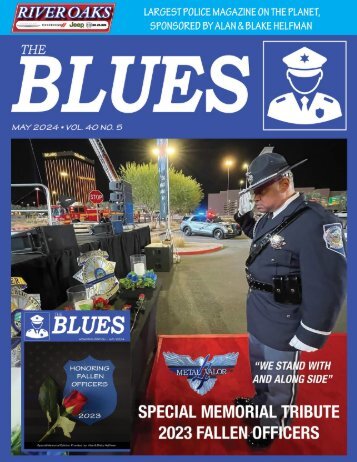
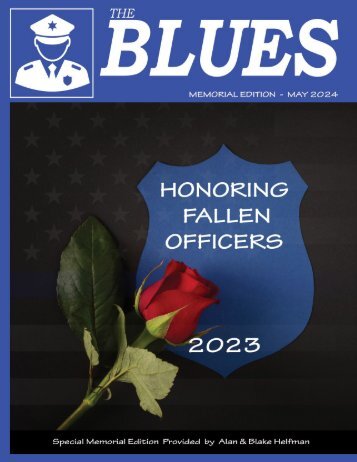
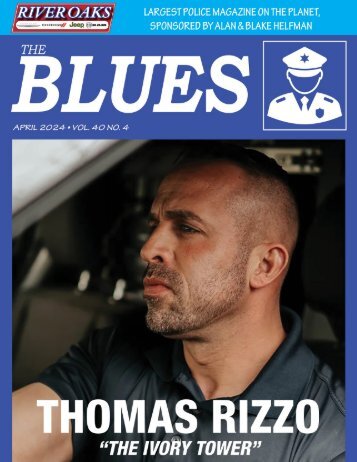
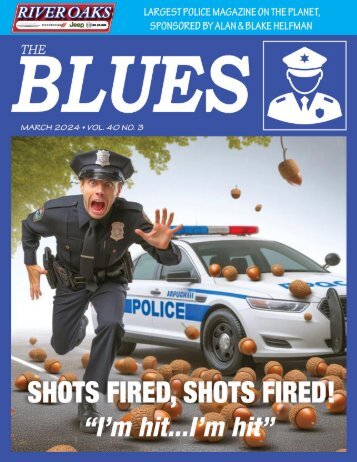

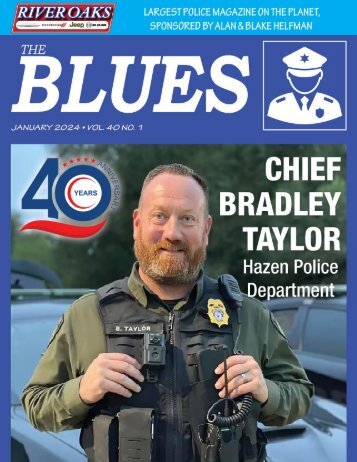
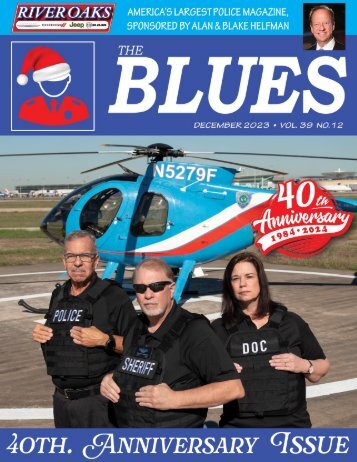
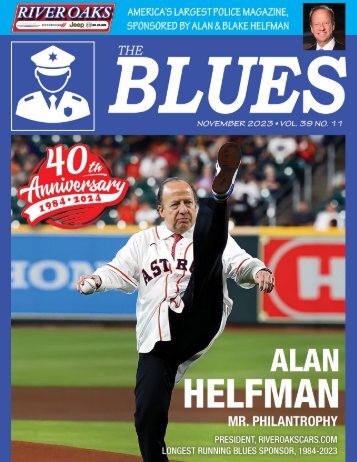
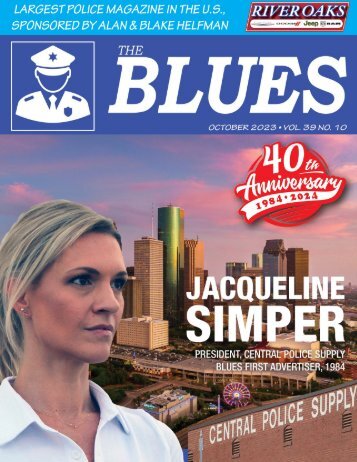
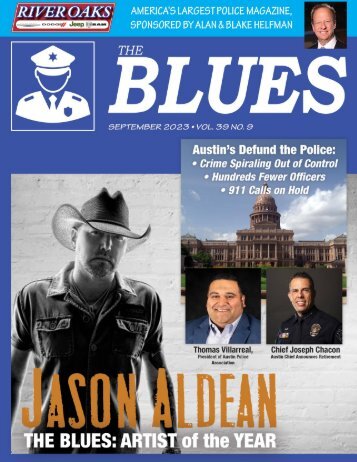
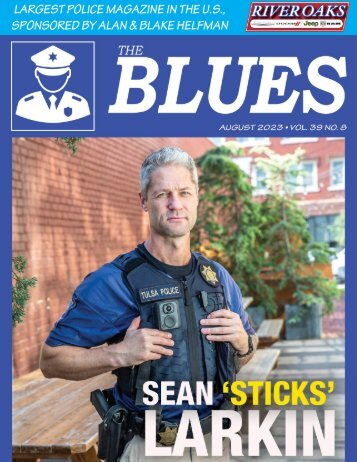


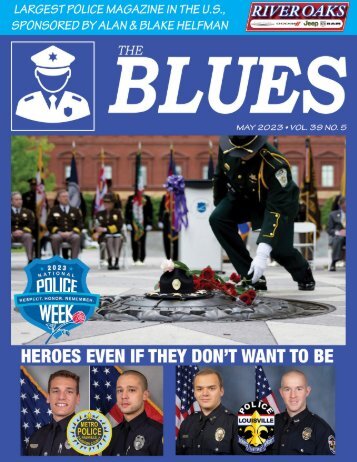
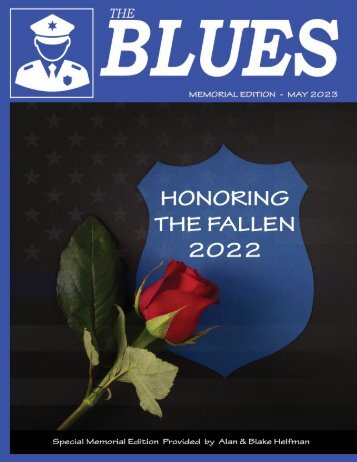
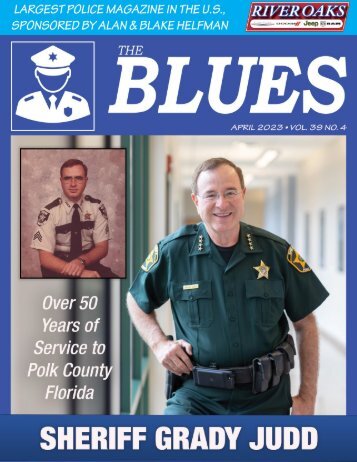
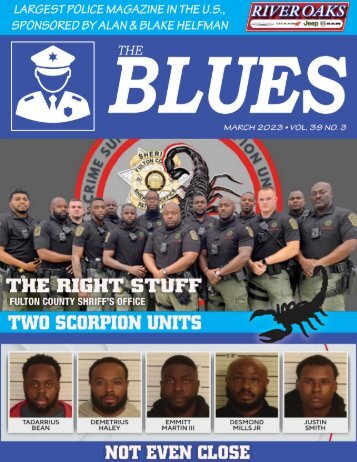

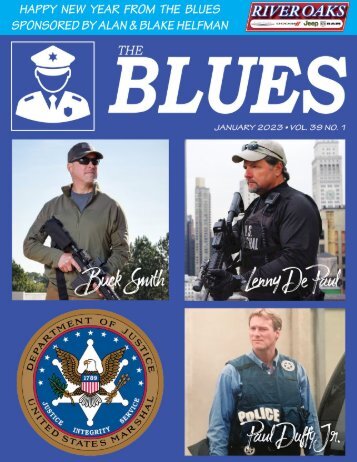

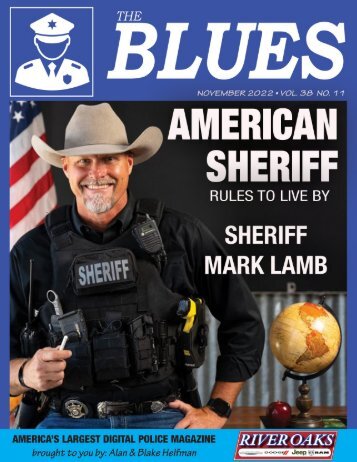
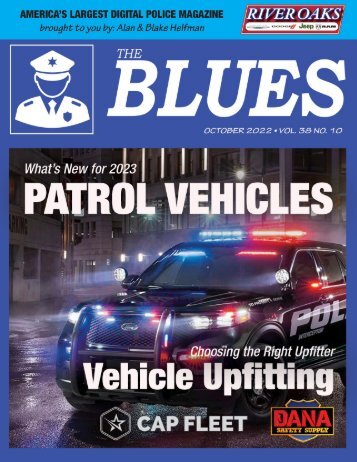
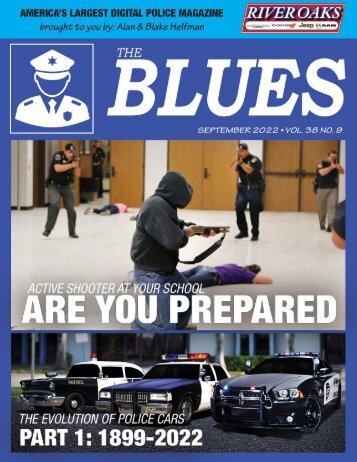
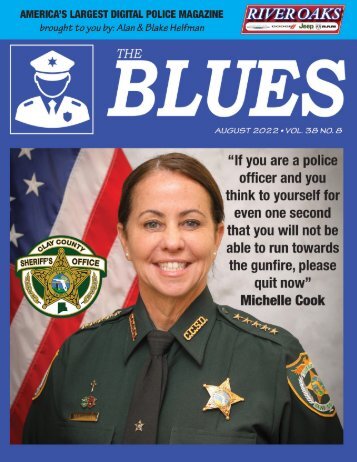

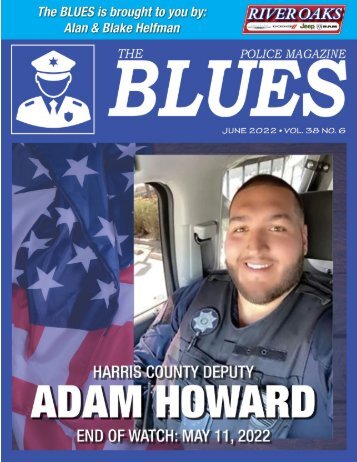
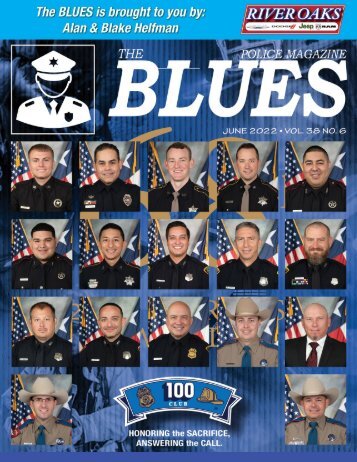
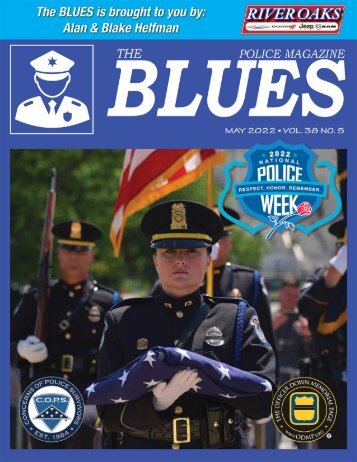
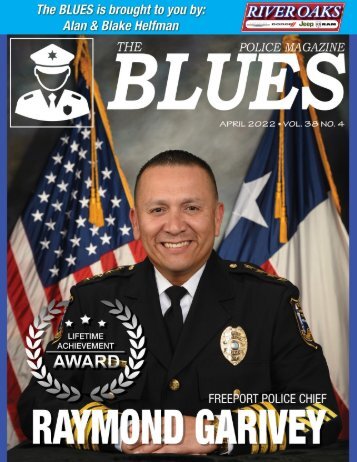
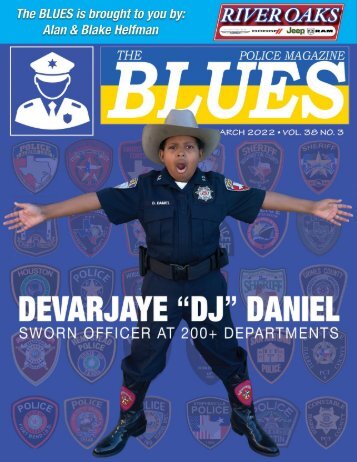
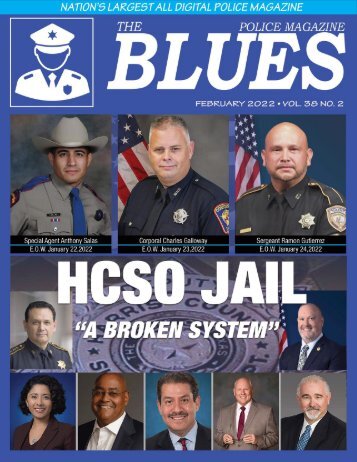
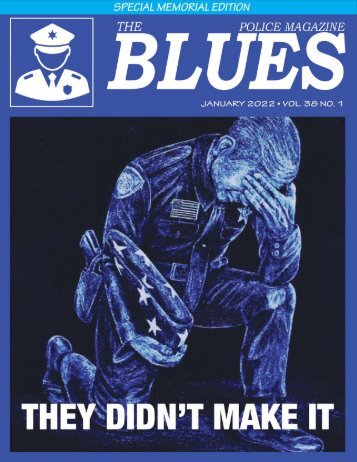
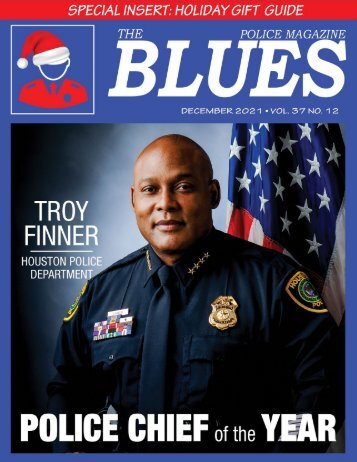
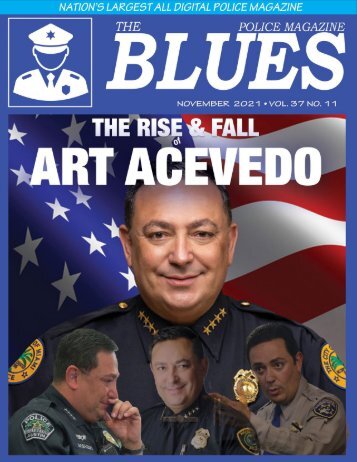
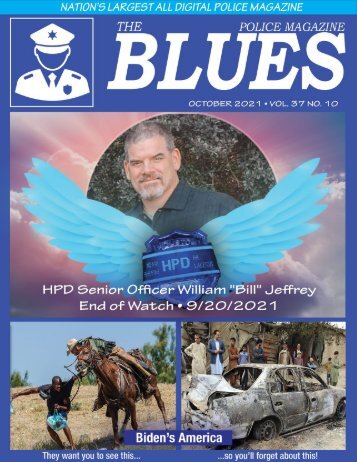
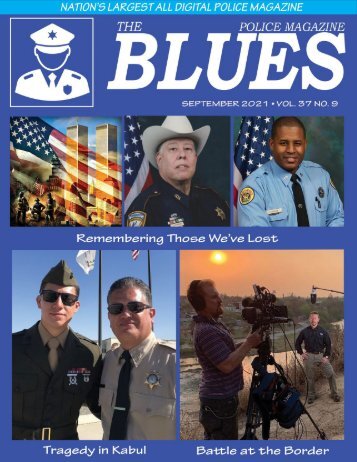
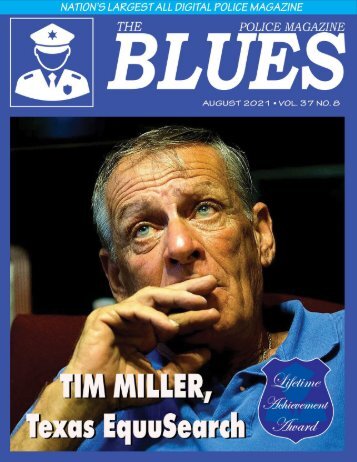





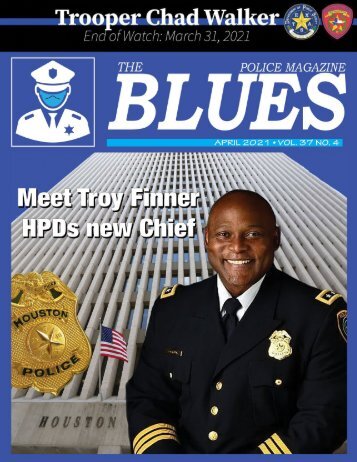
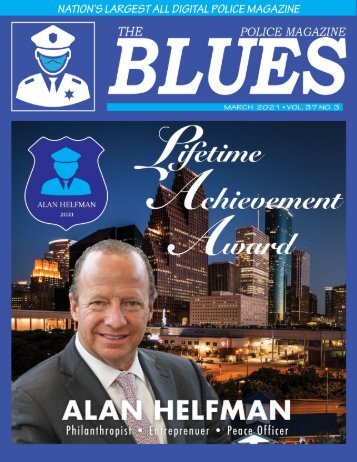
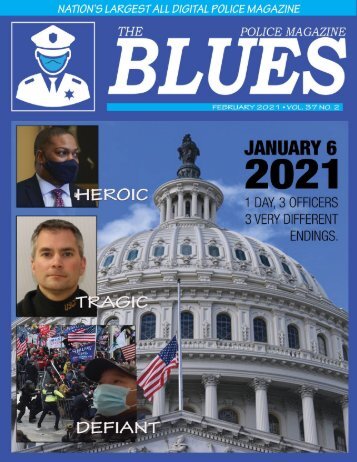

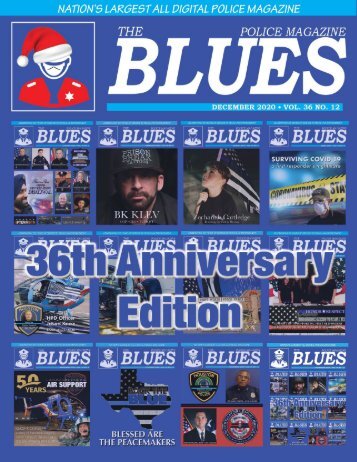
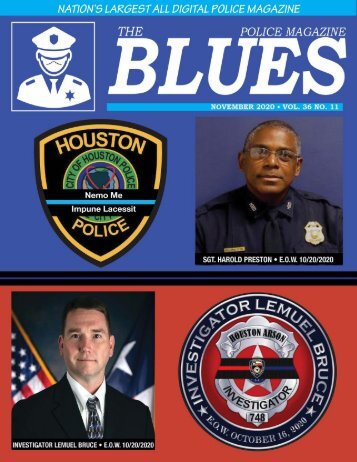
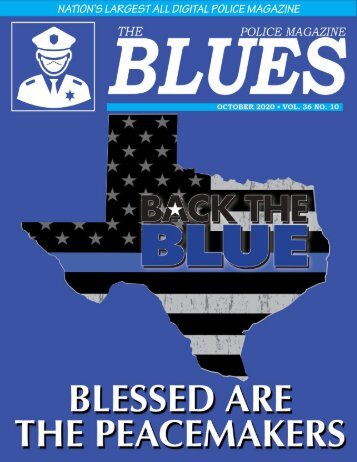

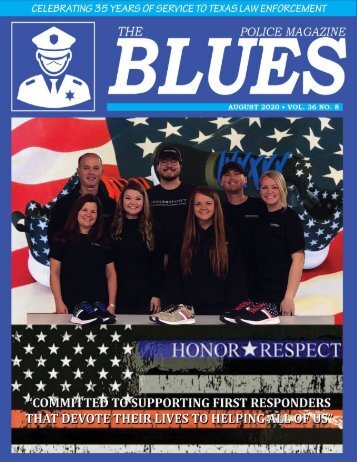
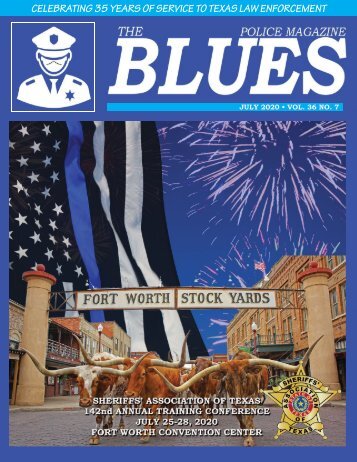
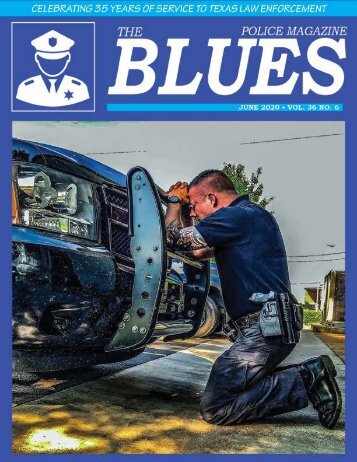
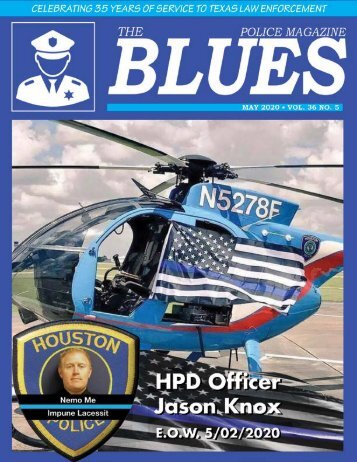
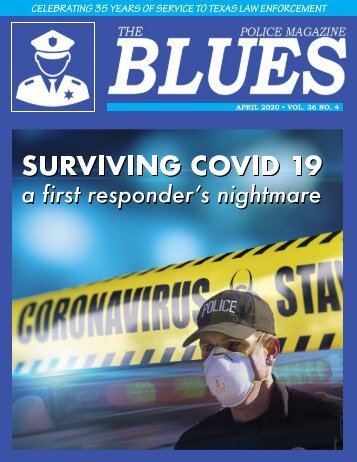
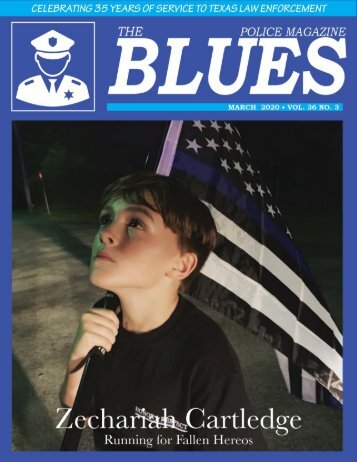
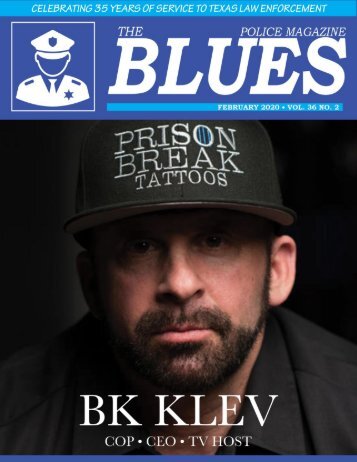
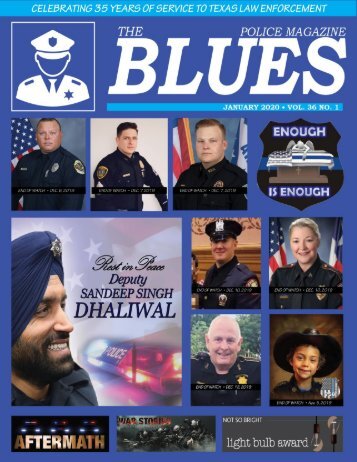
Follow Us
Facebook